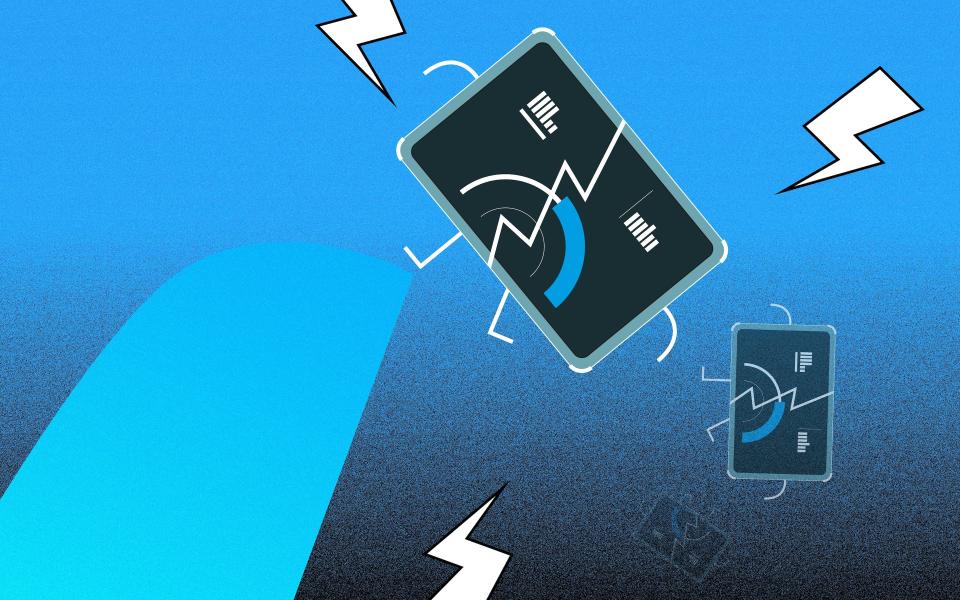Senior civil servants described Government's smart meter roll out as a 'beta programme' in private

A number of senior civil servants have privately characterised the rollout of smart meters in to people’s homes as merely a test run, as more details about issues surrounding the £13bn plan emerge.
Calling the installation of next generation SMETS2 meters a “beta programme”, these civil servants say that installing nearly 53 million meters across Britain by 2024 is too ambitious, and is simply being used as a trial run before the system can be perfected.
The UK’s decade-long plan to link millions of homes and businesses directly to a central database via a smart meter has already suffered several setbacks and cost overruns.
Most notable was the botched rollout of first generation smart meters that were later found to be unusable once a household switched to a different energy supplier.
Known as SMETS1, these older meters need to be reconnected to the new digital network in order to allow them to function again.
However, of the nearly 14m “old” meters, just under 700,000 have been turned on and connected to the new system, figures show.
Now, some in Westminster are casting doubt on the prospects of the SMETS2 meters as well.
These newer meters are able to work properly even if a household switches supplier, but have been hit by their own set of issues.
About 4.6 million of these next generation smart meters have been installed - but problems have become apparent, with about 1,700 failing every day in May, according to official figures. Smart DCC, the company licensed by the Government to oversee the rollout, says that this issue has now largely been resolved.
In 2018, a report from the National Audit Office said that wishful thinking and a rose-tinted view at the Department for Business, Energy and Industrial Strategy (BEIS) had created serious problems with the rollout of smart meters.
The watchdog also said that a lack of openness and engagement from BEIS was an issue.
This environment, Government sources say, has fostered a strong resistance to criticism or change, which has created a culture of defensiveness – even over bad decisions and failures.
Reader Service: Learn more about electricity and gas prices

